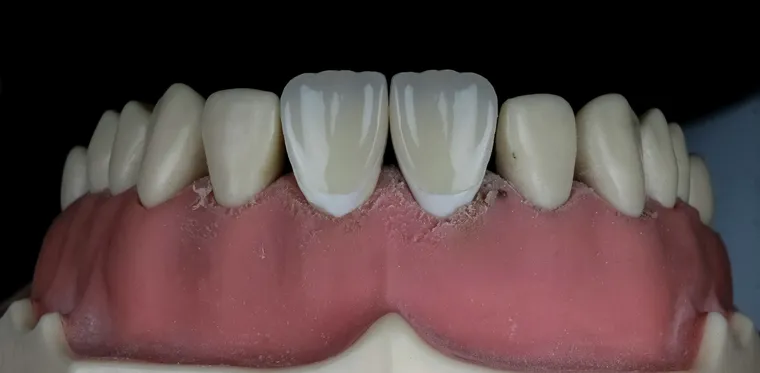Patients shouldn’t assume that lower cost means lower quality. By exploring community programs and discount dental plans, many people can access well-fitted dentures that improve oral health and quality of life.
1. Community Clinics and Non-Profit Organizations
- Community clinics: Offer reduced-price dentures for low-income patients.
- Dental schools: Students provide care under supervision, often at half the usual cost.
- Health departments: Some local public health centers provide dentures at low or no cost.
- Charity organizations: Groups like Dental Lifeline Network connect patients with volunteer dentists.
2. Dental Insurance and Payment Plans
- Insurance coverage: Some plans cover up to 50% of denture costs. Check with your provider.
- Payment plans: Many clinics allow installment payments, reducing upfront expenses.
- Senior discounts: Ask about age-based or income-based discounts at local clinics.
3. Comparison Shopping for Dentures
- Prices vary widely—even within the same city.
- Call multiple dentists to compare costs for full vs. partial dentures.
- Look for clinics that provide financial aid for seniors.
- Read online reviews to balance affordability with quality of care.
4. Government Assistance Programs
- Medicaid: Covers dentures in many states (check eligibility).
- Medicare Advantage: Some plans now include dental coverage.
- Veterans Affairs (VA) Dental Program: Veterans may qualify for free or reduced-cost dentures.
- Visit Benefits.gov for program eligibility in your state.
5. Exploring Dental Implants for Seniors
- Longevity: Implants last longer than dentures, making them cost-effective over time.
- Senior discounts: Many clinics offer package deals for multiple implants.
- Promotions: Clinics sometimes offer implant discounts during specific months.
6. Online Platforms and Discount Programs
- DentalPlans.com: Compare savings plans that cut 20–60% off dental services.
- Zocdoc & Healthgrades: Search for affordable dentists and patient reviews.
- Advocacy groups: Patient forums often share real-world tips on saving costs.
7. Local Health Fairs and Campaigns
- Pop-up clinics: Temporary events often provide free or low-cost dentures.
- Community centers: Volunteering or networking may connect you to free dental days.
Common Mistakes to Avoid
- Ignoring follow-up care → leads to discomfort.
- Choosing low-quality materials → causes long-term costs.
- Overlooking financing options → could make better dentures affordable.
Things to Consider
- Fit and comfort: Ill-fitting dentures cause pain.
- Durability: Porcelain lasts longer but costs more than acrylic.
- Long-term costs: Balance upfront savings with future adjustments.
Conclusion
Affordable dentures in 2025 are achievable with planning and research. By exploring community clinics, government programs, dental schools, and online discount platforms, you can save significantly while still ensuring comfort and quality.
FAQs
Q: How long do dentures last?
A: Typically 5–10 years, depending on material and maintenance.
Q: Are dentures covered by insurance?
A: Many plans cover up to 50%, but check specifics.
Q: Can I get dentures through a dental school?
A: Yes, usually at reduced cost, supervised by licensed faculty.
References
- Benefits.gov – Find Assistance Programs
- U.S. Department of Health & Human Services (HHS). HHS.gov
- Dentaly.org. Dentaly.org
- NewMouth. NewMouth

